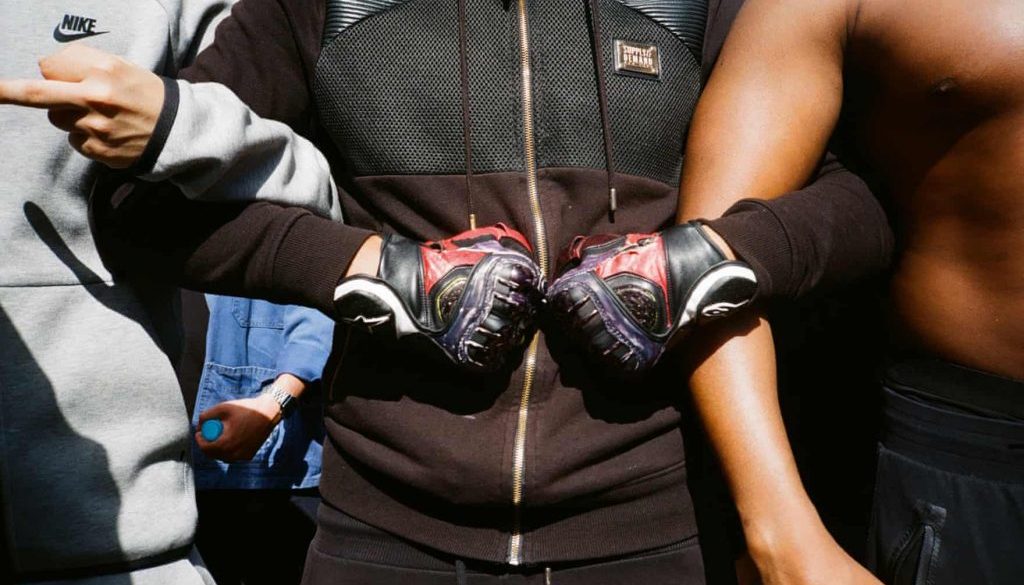United Kingdom: Anti-lockdown protests and BLM solidarity marches
On March 26, the Government passed the Health Protection (Coronavirus, Restrictions) (England) Regulations 2020, without prior Parliamentary scrutiny, which instituted sweeping restrictions on human rights and civil liberties, affording the police additional expansive powers to enforce restrictions on people’s freedom of movement, close businesses, places of worship and community centres, and disperse gatherings. Research by Liberty Investigates has revealed that these powers have been disproportionately deployed against people of colour.
On May 16, about 50 people protested the lockdown at the Speakers’ Corner in Hyde Park, London. Dozens of police officers, including some on horseback, issued several fines and arrested 19 people after protesters refused to disperse.
During the first week of June, several massive protests were carried out in solidarity with the Black Lives Matter movement in the US and to highlight police brutality in the UK. Thousands of protesters in London, Manchester, Cardiff, Glasgow, Leicester and other cities defied calls from ministers and police chiefs to avoid large gatherings. Police responses across the United Kingdom during protests were inconsistent; aggressively kettling protesters in London, while being more lenient in Bristol and Manchester.
On June 7, 10,000 protesters gathered in Bristol as the statue of slave trader Edward Colston was removed and thrown into the harbour, leading some ministers to declare they would support extending sentences for damaging statues. Rather than reinforce police’s duty to facilitate protests, the government put forward a measure under which violent protesters could be jailed within 24 hours. Calls for the removal of other statues, drove far-right protesters to organize counter protests claiming to “defend” statues. These protesters clashed violently with police officers and other protesters.
Pic: Henry J. Kamara/The Guardian
(Labelled for non-commercial re-use.)

